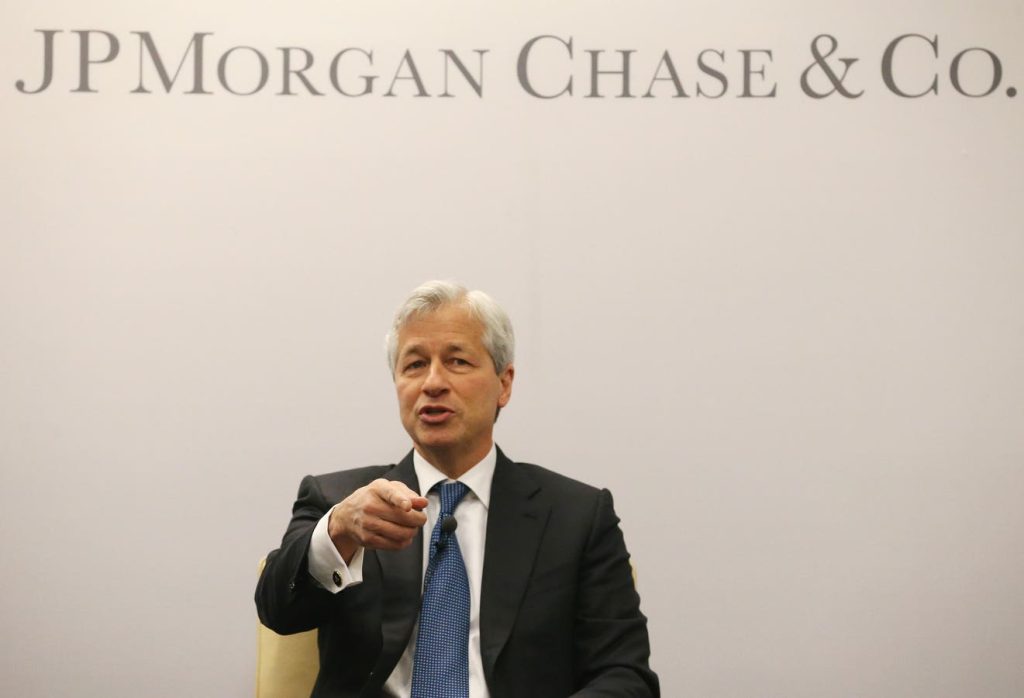In the aftermath of the 2020-2022 crypto bull market, many large financial services firms that had announced blockchain-based projects were left reeling from the collapse of the market. However, as crypto prices surge once again in 2024, it’s an opportune time to reflect on these projects and analyze their outcomes.
Blockchain technology, the decentralized database shared among multiple parties, operates using smart contracts and has various use cases beyond cryptocurrencies like Bitcoin and Ethereum. Despite negative comments from Jamie Dimon of JPMorgan Chase about cryptocurrencies, the firm has been a leader in leveraging blockchain technology for banking and trading solutions. It’s important to note the distinction between blockchain technology and cryptocurrencies in the public’s perception.
While decentralized finance (DeFi) builds financial products without traditional intermediaries, large banks have shown continued interest in blockchain-based banking and payments use cases. Consortiums like the Regulated Liability Network, Universal Digital Payments Network, R3, and Ripple have made strides in this space. JPMorgan Chase, along with other players, has pursued blockchain projects for cross-border payments and stablecoin initiatives.
In the brokerage and trading industry, firms are adopting blockchain technology to improve efficiency and reduce costs. Many established financial services firms like BNP Paribas, Citigroup, and UBS have launched or expanded blockchain projects in the last year. The shift to blockchain offers disruptive potential, as seen with the DTCC acquiring Securrency. BlackRock’s CEO’s public statements on the impact of blockchain highlight the industry’s interest in adopting this technology.
However, the insurance industry seems to be lagging in blockchain adoption, as evidenced by the cessation of the B3i insurance blockchain initiative. Despite a survey showing that many insurance companies are investing in blockchain, there is little evidence of tangible progress in this sector. Similarly, the real estate industry hasn’t seen significant traction in blockchain projects, with major firms like Coldwell Banker and RE/MAX showing a lack of updates on their initiatives.
Overall, blockchain technology’s adoption in financial services varies across industry verticals. While banking and trading show robust interest, insurance and real estate sectors struggle to leverage blockchain effectively. It may take 2-5 years for significant transformations to occur in financial infrastructure due to regulations and complex market dynamics. Despite challenges, there is genuine interest and progress in specific areas of financial services, indicating that blockchain technology is more than just a passing trend.


